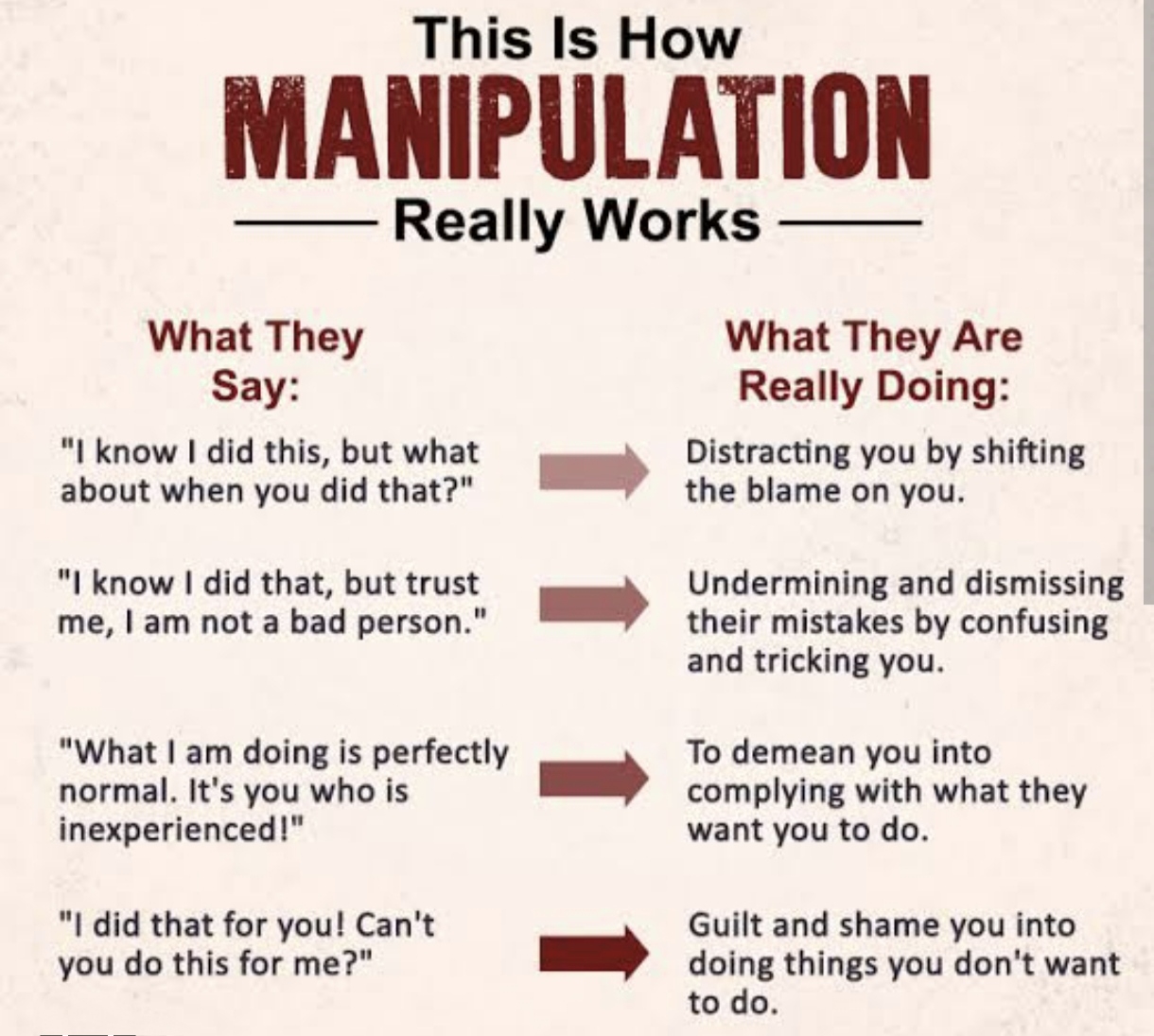Only yesterday Vidula my wife...who is an ex officer...n doing lot of social work .....got a call from an agent of FedEx courier company who told that she had sent some items to US which has been confiscated by Indian customs wherein 5 passports ..500 grams of gold. 300...gram of drug has been caught..credit cards ..etc
Further a call from cyber police of mumbai called her up ..n gave details of her aadhar number ..pan card no...which further ..made her realise that some fraud has happened...
Meanwhile I came back home n saw her noting seriously n talking to alleged officer......her facial features were showing her tension ..n she gestured me to look at her notes ..
Once I saw I realised it's a FRAUD ..n she is being psychologically manipulated ...I asked her to disconnect the call ...
Although I tried to reàson her out ...about the fraud .....her mind was not ready to believe it...till I showed her similar cases by searching in Google...
That is the time I realized if such highly educated n smart people can be manipulated on phone calls then people who r in our lives are how dangerous. In our lives these PSYCHOLOGICAL MANIPULATORS are there ...in garb of family...friends.. colleagues...bosses..etc..Therefore it is very important that we all should be able to weed them out of our lives ...at earliest
There r bosses who manipulate...their staff...n get their way...but making them feel miserable always
It's true that a manipulative person is hard to recognise and more so ...the manipulated person is not ready to believe that s/he is being manipulated
Therefore I just thought let me try to write about these manipulative people in our lives...n how to handle them ....as per my humble experience...
Manipulation in Relationship
It can sometimes be so subtle and effective, you may wind up questioning your perception of the situation, rather than the other person’s actions or motives.
But by learning what to look for, one may be able to protect yourself from manipulation tactics and psychological games before they start....or leave before it becomes Gaslighting ....
Guilt-tripping
Guilt-tripping is when someone tries to make you feel responsible or guilty of your actions or decisions.
Some examples of guilt-tripping might be:
- If it wasn’t for me, you wouldn’t have gotten through college. You owe me.
- I’m the one who is working all the time, while you are spending time with friends. I deserve this expense.
- If you can’t come over, then I might as well not invite anyone else that night. There’s no point then.
Lying
People with manipulative tendencies often lie to try to control or coerce others, as well as avoid blame or consequences for their actions.
For example, a teenager who’s been told they are not allowed to hang out with a particular group might lie about their whereabouts. Or, they may lie to the other parent about being given permission to go out with their friends.
Flattery
It can be hard to tell the difference between a compliment and flattery.
A compliment is given to sincerely point out something positive with no expectation of gain. But flattery is often used disingenuously as a tool to gain emotional leverage. With flattery, there’s often an expectation of getting something in return.
For instance, someone who wants a promotion might regularly praise their boss’s strengths and accomplishments.
Projection
It happens when one person claims an emotion they’re feeling — such as jealousy — is actually being experienced by someone else.
For example, in my school there is a teacher with manipulative tendencies who invariably cause tension and drama, but blame one good teacher for creating that energy...n unfortunately she is always victimized...
Therefore it’s also really important that we don’t project our own values onto a manipulator, because that just sets us up for a lot of disappointment and frustration...
Moving the goalposts
Sometimes, no matter how much you show up for someone who manipulates, they will change their expectations at the last minute to keep you constantly running toward their “goalposts.”
Someone who moves the goalposts can set you up for frustration and exhaustion.
Believing in yourself, recognizing your own needs, and disengaging can be helpful for avoiding feelings of demoralization.
“Remind yourself that you’re just a human being, doing the best you can, and that is enough.”
Triangulation
Triangulation takes many forms, but often happens when a third person is brought into your communication, instead of keeping the issue between the two people it impacts.
For example, a manipulative staff invariably wil involve another staff in a disagreement to take their side against you.
Now, all of a sudden, you’re disagreeing with two people and the odds are not in your favor..
Becoming aware of triangulation can be helpful for spotting it. Try to disengage with “triangles” whenever they come up unfairly.
While manipulative tendencies are often subtle and sometimes undetectable, there are four stages of manipulation.
- Flattery. The first stage is when the person who manipulates puts on a facade of being kind, caring, and helpful. They may act like they want to help you with anything you need, but in reality, they’re just trying to get what they want from you.
- Isolation. This is when the person who manipulates may start to isolate you from your friends and family. They might try to convince you that your loved ones don’t understand you or want to control you. The goal is usually to separate you from people who might spot the manipulation..
- Devaluing and gaslighting. During the third stage, someone who manipulates may try to make you feel guilty or confused...
- They might start telling you that you’re ungrateful, or that you’re making them unhappy. The purpose of this stage is to make you doubt yourself, your instincts, and your decisions. It can be very difficult to break free from the manipulator’s control at this stage..
- Fear or violence. The fourth and final stage is when the person who manipulates may begin to threaten you. They may threaten to leave you, hurt you, or humilate you...or hurt themselves as a way of keeping you under their control with fear. It can be very difficult to break free from someone who is using threats as a form of manipulation.
People manipulate others for many reasons, including:
- Control. People who manipulate might be driven by a need for control or controlling tendencies, which may feel thrilling.
- Low self-esteem. Manipulation can be a way for a person to avoid feeling bad about themselves. “People manipulate largely due to lack of self-confidence or low self esteem..They may not feel that they have the ability to get what they want on their own merits.
- Ego. A common reason among narcissistic people someone who manipulates may believe that they are the brightest and most capable person around, and might use manipulation to feed their ego that they can outsmart others and gain from their efforts.
- Personal gain. A manipulative person might use these tactics to obtain something they want, such as money, power, or attention.
- Avoidance. Manipulation might offer a way to avoid taking responsibility for their own actions.
Manipulation can be sneaky, but you can work to avoid it with these strategies:
- Know the signs. People who manipulate often exhibit similar types of behaviors. Watch out for people who are overly friendly, make empty promises, or try to make you feel guilty..
- Be aware of your emotions. Evoking strong emotions is at the core of most manipulation methods. “People who use manipulation often play on your emotions, but remember that you can’t let them control how you feel..
- Stay calm. It can be important to stay in control of yourself and not lose your cool when dealing with people who manipulate. “Don’t let them rattle you or get under your skin..
- Avoid personalizing. Even though manipulation can be hurtful, try to internalize that this behavior has nothing to do with you. “Manipulation has more to do with the other person and their inability to meet their own needs in a healthy way....
- Listen. While it doesn’t feel good for someone to attempt to manipulate you, being confrontational can inflame the situation. Try listening with empathy so that you can identify what their needs or wants are.
- Respect your boundaries. After listening to the other person and feeling that you are being manipulated, it’s important to hold healthy limits and boundaries in check. If you respond respectfully, yet assertively, and don’t give in to the manipulation, over time, they will generally see you as someone their tactics don’t work on and will move on,”
- Tell someone you trust. It can be emotionally draining and hurtful in dealing with someone who is manipulative. Talking with a close friend or family member about what you’re experiencing can be healing. Close friends or family can often give you great feedback and advice, and it’s helpful to have a listening ear when dealing with someone who manipulates...
Remember that boundaries are not meant to control people, but to ensure that you’re still able to remain in a relationship with them in a healthy way....
Boundaries are not heartless, they’re actually really healthy...












Very well crafted write-up. Thanks dear Psychologist for sharing….
ReplyDeleteNice & very well Written
ReplyDeleteManipulation is a fact that we come across in all our relationships. Very enlightening piece of writing
ReplyDeleteWell written and researched article on psychological manipulation.. I liked the article quite useful for those who are vulnerable to psychological fraud that has been discussed by the author..thanks for sharing…
ReplyDeleteVery good article..thanks for writing
ReplyDeleteVery informative and educative post. Indeed an excellent post. Keep up the good work.
ReplyDeleteSo appropriate
ReplyDeleteGood research
Ranjan Mall
An excellent article.. very well written n very educative...lot of learning value.. thanks for sharing
ReplyDelete